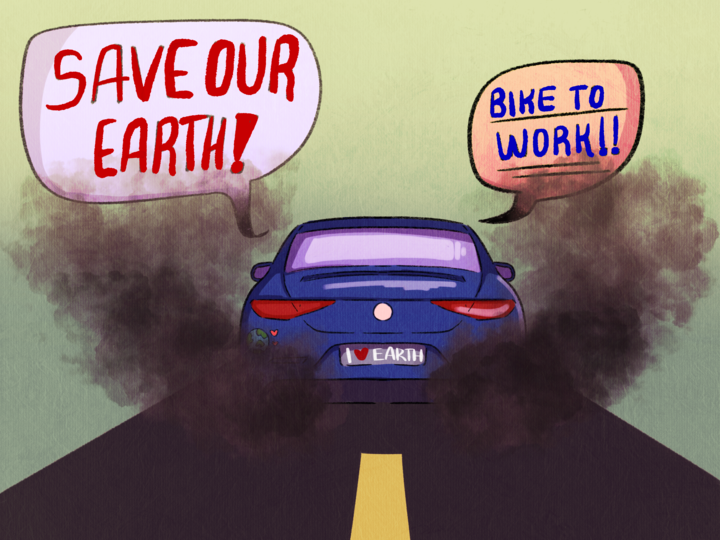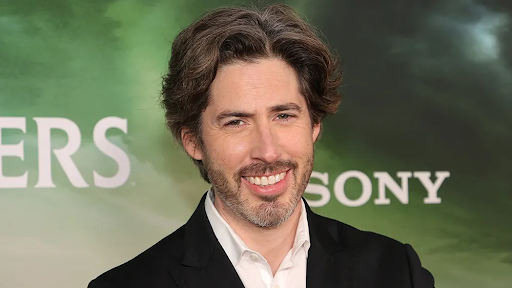President Joe Biden issued an executive order on Oct. 6, pardoning all prior federal offenses of simple marijuana possession, and stated that “no one should be in jail just for using or possessing marijuana.” Currently, there are 19 states in which recreational marijuana use is legal, and 37 states in which qualified individuals may use cannabis for medical purposes. Although Biden’s scope is limited, his pardons should signal states to put forth reformative policies regarding marijuana decriminalization and legalization.
When it comes to the social aspects of criminalizing marijuana use, there is a huge racial gap when it comes to arrests. In fact, Black Americans are 3.6 times more likely to be arrested for cannabis offenses compared to white Americans. Statistics like these show how harmful the war on drugs has been to minority populations in America, and are essential to include when discussing reformation. On top of this, arresting recreational marijuana users cost states over $3 billion dollars in 2010, according to a study conducted by the American Civil Liberties Union. That’s wasted dollars that could have been spent on other areas of improving the criminal justice system.
The reasons above suggest that decriminalization and legalization are the logical next steps when it comes to limiting arrests for cannabis use. Between President Biden’s executive order, and the House of Representatives passing the Marijuana Opportunity Reinvestment and Expungement Act, there is an opportunity for the federal government to intervene with marijuana policy. However, regulations and policies should be implemented at the state level.
I recently interviewed Anne Boustead from the School of Government and Public Policy at the University of Arizona to get more insight on drug policy and how implementation of reformed marijuana laws could work.
When asked about Biden’s pardons and how that will affect state policy, Boustead said that “with regards to the federal prisoners, he has the leeway to make pardons and commutations there, but he only really has the power of the bully pulpit with regards to state convictions, and drug crimes in particular, especially when you’re dealing with possession, are hugely a state level issue.”
Based on this reasoning, since there is only so much the president can do, his pardons should signal states to make their own reformations.
Having states create their own policies is also a good thing because it encourages some market regulation. Boustead said, “legalizing cannabis is one thing, and legalizing cannabis and then letting it be sold in a completely unregulated fashion is something else entirely.”
States have greater say over what street corners can have dispensaries, what age is appropriate to purchase cannabis and making sure it is sold away from schools in local communities than the federal government does.
RELATED: Cannabis on campus: What’s the deal?
Boustead also said, “there was a series of articles for a while that suggested that cannabis legalization might make people consume cannabis instead of opioids.” While this may have been true in the past, the opioid crisis has changed drastically. The opioid crisis has changed from prescription drug abuse to being driven by heroin and fentanyl. The ever-changing trend in these substances and their uses proves that regulation at the state level would be more effective than at the federal level. Local communities that are aware of the specific drug threats within their limits are much more capable of making policy decisions regarding cannabis than federal politicians.
States like Arizona have proven that legalizing and decriminalizing cannabis can be safe and effective. In Arizona, the use of marijuana is legal for adults aged 21 and older, but things like smoking in public and driving under the influence of marijuana are still illegal. Laws like these and Biden’s pardons can encourage other states to make their own policy reforms on marijuana and begin legalizing its use and possession while also respecting certain regulations.
If states were to be influenced by Biden’s political move, it could potentially lower the racial inequality within the criminal justice system, and allow safe and effective cannabis use to exist. Therefore, states shouldn’t stay stagnant with regard to their own marijuana policies, and should instead help end the federal fight for these policies by being involved with their own communities and implementing policies of their own.
Follow the Daily Wildcat on Twitter

Luke Lawson (he/him) is a sophomore intending to major in accounting. He enjoys discussing political events, hiking and watching films.










